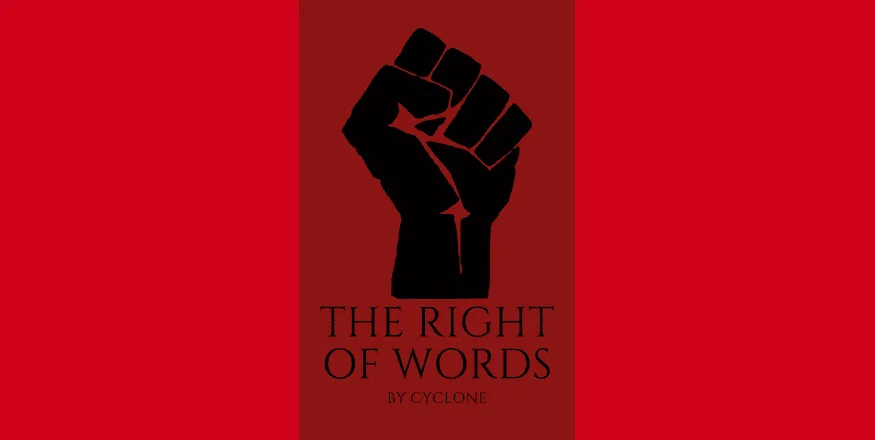II. Authority
Authority is a double-edged sword, a mantle of leadership that carries both privilege and peril. It is not merely a position or a title but a trust placed in an individual to guide, protect, and uphold a shared purpose. Yet, the very essence of authority is often misunderstood, challenged, and undermined. To bear authority is to walk a fine line between respect and resentment, between being a beacon of order and a target of defiance.
I remember vividly the sting of betrayal when, despite holding the reins of leadership, I found myself circumvented. It was during a crucial project—one that required harmony and trust among the team. As the appointed head, I was responsible for ensuring that every decision passed through careful deliberation. Yet, there were whispers in the shadows, quiet schemes that unfolded without my knowledge. A subordinate, emboldened by their ambition, took it upon themselves to act independently, bypassing my authority entirely. What began as a mere oversight soon grew into an outright takeover, their decisions clashing with the established plan and causing chaos within the group.
To feel your authority undermined is to feel your foundation quake. It is as if the very soil beneath your feet has been stolen, leaving you grasping for stability. I confronted them, not with anger but with a firm reminder of the structure we had agreed upon. Yet, my words were met with resistance. "Why should it matter?" they argued. "I got the job done, didn’t I?" In that moment, I realized that authority is not just about tasks completed but about the process—the integrity and respect that bind a team together.
But the battle did not end there. When I tried to reassert the importance of roles and boundaries, the defiance deepened. They fought back, twisting narratives and planting seeds of doubt among others. My authority, once a steady beacon, began to flicker under the weight of their rebellion. The truth, however, is a stubborn flame. While their actions sowed discord, it became evident over time that their approach lacked cohesion, their decisions unraveling the very progress they claimed to champion.
Authority is not a tool of dominance but a responsibility to guide with fairness and foresight. Yet, there are those who mistake it for tyranny, who see leadership as an obstacle to their own desires. I learned this harshly when another subordinate bypassed me entirely, going straight to higher management with exaggerated claims. Their intention was clear—to discredit me, to cast doubt on my capability. It was a dagger cloaked in formality, aimed squarely at my position.
The pain of such betrayal is not just in the act itself but in the realization that trust has been broken. I sat in that meeting, listening as they presented their version of events, their words laced with subtle accusations. I could feel the eyes of the higher-ups on me, weighing my response. To defend oneself without appearing defensive is an art I had yet to master. Instead, I chose honesty, laying out the facts with clarity and leaving the rest to their judgment.
In the end, the truth did not immediately prevail. Authority, I learned, is not always about being right but about being steadfast. It is about weathering the storms of opposition, holding firm to your principles even when others seek to undermine them. Over time, as the dust settled and the consequences of their actions became apparent, the higher-ups recognized the cracks in their claims. Vindication came not in dramatic gestures but in quiet acknowledgments—a reminder that while authority can be challenged, it cannot be easily dismantled when built on a foundation of integrity.
Authority also demands a delicate balance between strength and humility. To wield it effectively is to understand that it is not a weapon but a shield—a means to protect and uplift rather than to oppress. When I look back on these experiences, I see not just the challenges but the lessons they carried. I learned to listen more deeply, to discern the motivations behind actions, and to address not just the symptoms of rebellion but its root causes.
Yet, the greatest lesson was this: Authority is not given; it is earned, every day, through actions that inspire trust and respect. To lead is to serve, to place the well-being of the group above personal pride. And even when authority is challenged, even when its weight feels unbearable, it is a reminder of the responsibility entrusted to you—a responsibility to guide, to protect, and to uphold the shared purpose that binds us all.
In the face of defiance and betrayal, authority stands as both a burden and a beacon. It is a call to rise above pettiness, to respond not with retaliation but with resolve. For in the end, true authority is not about power but about purpose—a purpose that remains steadfast, even when the path is fraught with challenges.
138Please respect copyright.PENANA466SYXJpXg
138Please respect copyright.PENANAImTODfxuIl
138Please respect copyright.PENANAKkyMll85DH
138Please respect copyright.PENANARImH5HT7MZ
138Please respect copyright.PENANAHhjSecRzwc
138Please respect copyright.PENANAX9At2TPSty
138Please respect copyright.PENANAQStFHuJXdm
138Please respect copyright.PENANAfrLvR05Aqp
138Please respect copyright.PENANAKe8drIURnu
138Please respect copyright.PENANA8uGV7h0RSY
138Please respect copyright.PENANAaqyF3FKzJg
138Please respect copyright.PENANAimRydYSZA0
138Please respect copyright.PENANAUWSOcjs2Ce
138Please respect copyright.PENANAbGf5URCOyp
138Please respect copyright.PENANAGDEmhyHB8t






















